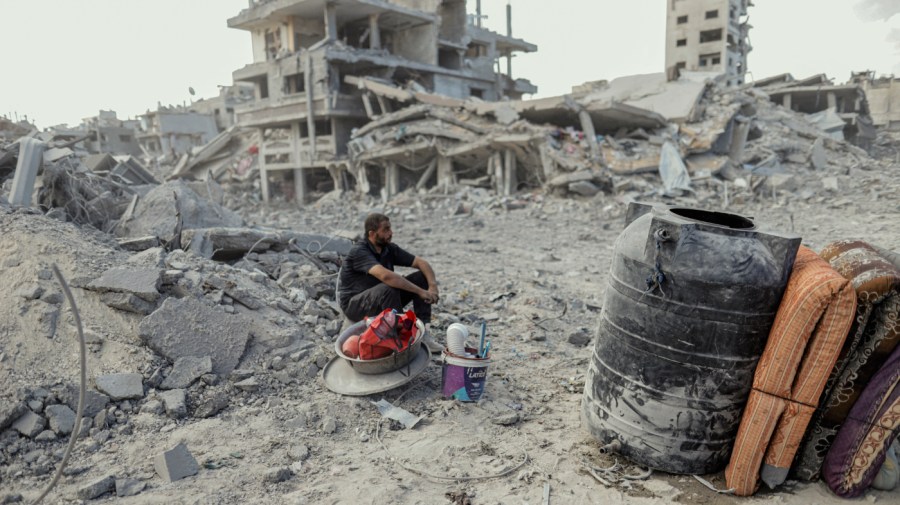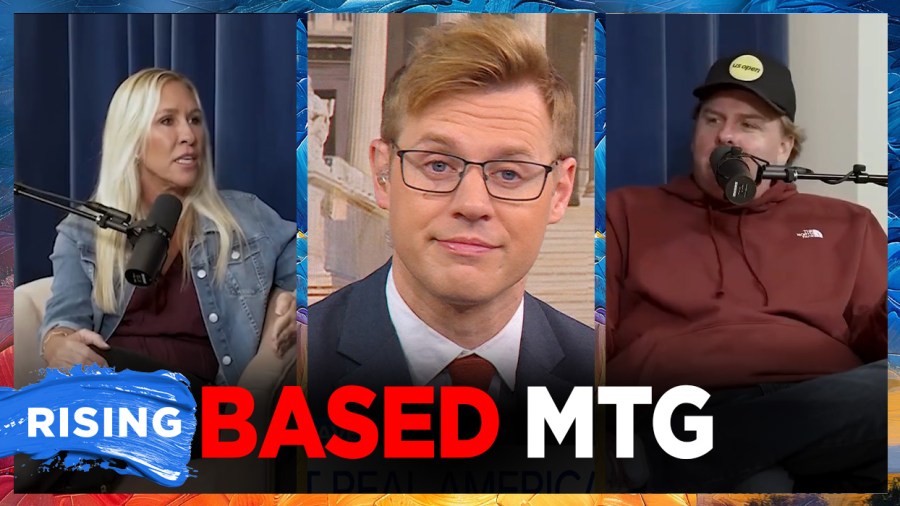President Trump and his Gulf allies deserve great credit for arranging the current agreement between Hamas and Israel. But this is only step one in what could be a hundred-step process.
The agreement is also very fragile. A bullet fired at the wrong place and time could unhinge everything. And Hamas or Israel failing to make a single commitment could likewise be ruinous.
This is all very speculative. And no matter how difficult and potentially unworkable this first step may seem with a cease-fire, exchange of prisoners and partial Israeli withdrawal, that is the easy part.
As we all witnessed in Afghanistan after the Taliban quickly fell in 2001, and in Iraq in 2003, led to catastrophe. Nation-building in Afghanistan became a nightmare, just as imposing democracy in Iraq proved a fool’s errand.
Some basic questions explain the difficulty in restoring Gaza even to a small degree of normality.
What will be the role of Hamas, Israel’s hated enemy, which Prime Minister Benjamin Netanyahu wants to eliminate? Will Hamas still remain in charge on a de facto basis or not? Will it retain its hostility towards Israel and plot another Oct. 7 attack? Can it be trusted? These are among the unanswerable questions.
How will the 2.5 million Palestinians be resettled? Much or most of Gaza looks like German cities obliterated during World War II by allied bombings. Who will undertake reconstruction?
Who will pay the many hundreds of billions or even trillions for this massive effort? How long will it take? Will the transformation occur quickly enough to prevent blowback and riots among the residents, who see themselves stuck in an endless pursuit of safety and security?
How will Gaza be governed? By whom? Given that Hamas was elected long ago — no matter how much that election was rigged and how long ago it was held — are there enough competent and sufficiently brave Gazans to volunteer for what could be a life-threatening assignment?
How will peace and public safety be achieved and crime kept to a minimum? And will these security forces have sufficient training and weapons to be effective? Or will their armament be seen as a direct threat to Israel?
What will Israel’s role be? Will it still target Hamas? Will Israeli settlements on the West Bank continue infuriating Palestinians and Gazans alike? And will the famous and permanently elusive “two-state solution” have any chance of being resurrected? Or will that vision become permanently dead on arrival?
What about the outside guarantors? Will the U.S. remain as firmly committed to Israel and still keep Israel awash in arms? Or will the agreement allow the administration to extricate itself from this decade’s long entanglement?
And will the oil- and gas-rich Gulf states be willing to provide the needed funds? Will Israel cease assassination attempts against Hamas and other terrorists who may be living in those countries, as they did last month, almost derailing any chances of a settlement?
What about other terrorist groups who wish to derail any peace with Israel or right wing Israeli extremists who believe the one good Palestinian is a dead one much as a religious zealot killed Prime Minister Yitzhak Rabin? Can these groups and individuals be contained and prevented from doing their worst?
Will the United Nations and other states be involved in the plan to rebuild Gaza to include sending “peace keeping” or “security” related forces to stop possible violence during this long and painful transition to a better life for Gazans?
History here is not kind. As we know, the only successful rehabilitation was the allied and U.S. occupation of Germany, Japan and Italy that required hundreds of thousands of troops.
In the case of Vietnam whose transition was self-financed in the sense it had minimal outside help and aid, it took many decades for it to recover from the ravages of decades of war against the Japanese, French and Americans. Will Gaza be an exception?
Much will depend on Trump. Is he in for a long term commitment? Or will he be happy to move on to a new endeavor?
Frankly these are just a few of the questions that need answers.
Harlan Ullman, Ph.D., is UPI’s Arnaud deBorchgrave Distinguished Columnist, a senior advisor at the Atlantic Council, the chairman of two private companies and the principal author of the doctrine of shock and awe. He and former United Kingdom Defense Chief David Richards are the authors of a forthcoming book on preventing strategic catastrophe.














